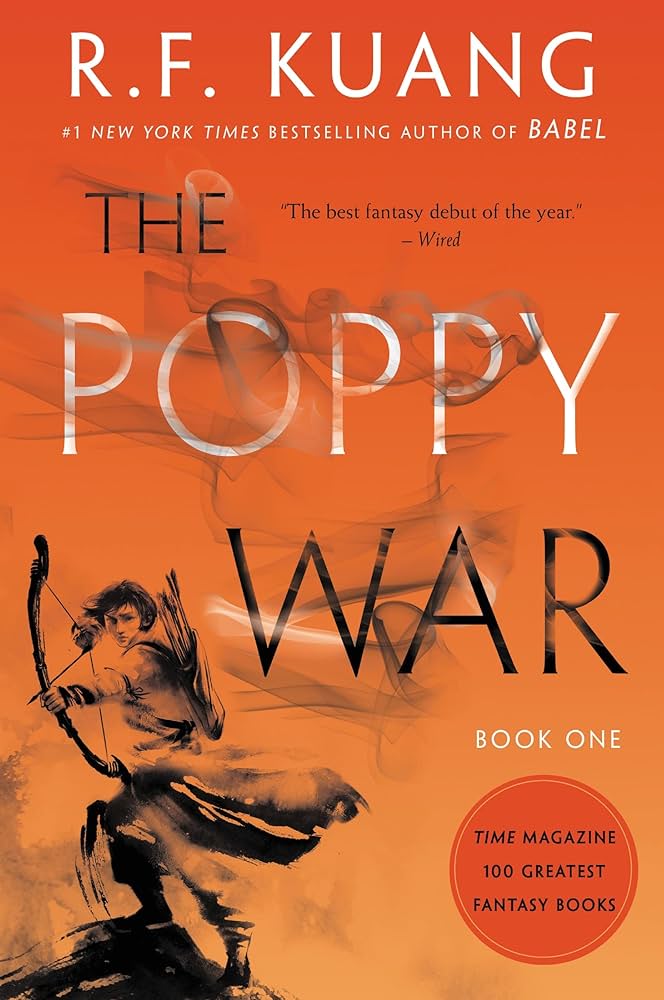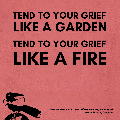Taylor Drew reviewed The Poppy War by R. F. Kuang (duplicate) (The Poppy War, #1)
Frustrating and ever so nauseating
4 stars
This book is hard. Don't read it if you want some fun fantasy because it's very much so not that. I knew that going in because I read Wikipedia article (and I read Babel lol), but I still didn't expect it to be this heavy immediately.
The fact that the events in the book are based on things that actually happened is disheartening. Not because of the book, but because it's horrifying that people could commit such atrocities--n fact, they still do and it's never less horrifying.
Rin is a fool of a girl and the world is cruel. I'm frusrated and upset. I'm marveling at the nuance R.F. Kuang manages to convey. It's complicated.
Read up on Nanjing, read up on Unit 731. I don't think you can properly see this novel for what it is if you don't.
This book is hard. Don't read it if you want some fun fantasy because it's very much so not that. I knew that going in because I read Wikipedia article (and I read Babel lol), but I still didn't expect it to be this heavy immediately.
The fact that the events in the book are based on things that actually happened is disheartening. Not because of the book, but because it's horrifying that people could commit such atrocities--n fact, they still do and it's never less horrifying.
Rin is a fool of a girl and the world is cruel. I'm frusrated and upset. I'm marveling at the nuance R.F. Kuang manages to convey. It's complicated.
Read up on Nanjing, read up on Unit 731. I don't think you can properly see this novel for what it is if you don't.


